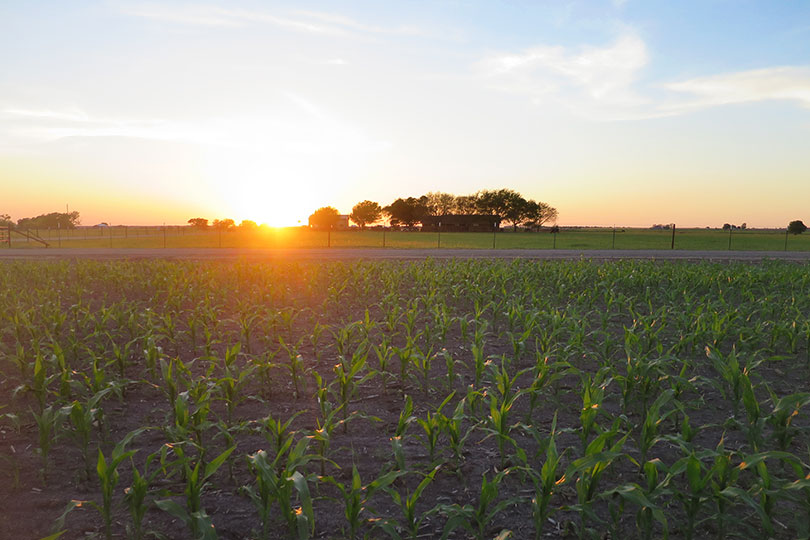By Shelby Shank
Field Editor
Broadband is no longer a luxury. It’s a necessity, and it’s one that many in rural Texas lack access to.
“It is an absolute necessity, no matter what your zip code is across our 254 counties in Texas. Everybody relies on internet at some level,” State Rep. Trent Ashby said during his speech at Texas Farm Bureau’s Leadership Conference in Austin.
There are over 3 million Texans who don’t have broadband access.
Ashby addressed this disconnect and highlighted efforts of state lawmakers to bridge the urban-rural digital divide.
“We’ve got to do a better job at driving the discussion about connecting rural Texas to make sure that we are not left out of the future of this great state,” Ashby said.
Texas was one of only five states without a statewide broadband plan prior to the COVID-19 pandemic.
But the passage of HB 5 last session, by Ashby and Sen. Robert Nichols, implemented a statewide plan and a foundation for the expansion of rural connectivity across Texas. Part of the plan included developing a map of the state, down to the household level, that shows who has internet access and who doesn’t.
The map will help move forward with funding programs that bring broadband across rural Texas.
“Congress has appropriated over $100 billion to be used across America for different purposes but all under the umbrella of broadband connectivity,” Ashby said. “Texas has requested this funding and would like to invest those dollars across the Lone Star State to incentivize our internet service providers to help bridge the digital divide between rural and urban Texas.”
Ashby is currently working on legislation that will implement the next phase of rural broadband expansion.
Another problem rural Texas faces is the cost of connectivity infrastructure from internet service providers to customers. Additionally, it is common across homes in rural Texas for access to broadband to be disproportionately higher than in urban and suburban parts of the state.
Sen. Charles Perry has filed SB 377 to help address the overall funding challenge of the cost of expanding rural connectivity services.
SB 377 would create the Texas Connectivity Fund to fund both the Texas Universal Service Fund and the state’s new Broadband Development Office. It would be funded by dedicating 50% of all telecommunications sales tax for 10 years and eliminating the Texas Universal service Fund fee that is currently included on all phone bills.
The creation of this fund and dedication of the sales tax revenue would have to be approved by constitutional amendment SJR 27.
Ashby, Perry, and others plan to continue working with stakeholders and rural Texans this session to continue moving toward connecting rural Texas.
More information about rural broadband can be found in the Jan. 27 issue of Austin Newsletter.


High speed internet 1/8 mile from my house.
But multi million dollar company’s not interested in investing in infrastructure.